The second annual Black Comics Expo at the BAM felt very much like a spectacular statement on the present and future of black comics. The panels, the comics, the Afro-Feminist VR experience, the mood itself, it all felt like taking a peek at what a black-dominated comics industry would look like if it were fully unleashed. The energy at the BAM on February 10th, 2019 certainly made it a pleasure to think about this future as not only a plausible one, but a necessary one.
Of the things that stood out from the Expo, we must first talk about the AfroFeminist VR experience. The NeuroSpeculative AfroFeminism- VR experience is a five-minute exploration of a world where something as simple as going to a hair salon turns into a trippy journey through mind augmentation and hair politics.
Once the VR headset is plugged in and set, you step into this sleek cyberpunk world where it’s revealed you are looking through the eyes of a black girl waiting for her stylist to give her the full hair treatment. You’re in a futuristic hair salon with high-tech chandeliers, known as Octavia Chandeliers, hanging from the ceiling, waiting to be switched on to begin the treatment. What follows is a short journey into a living digital dream-like realm where we seem to be offered a new type of perception through futuristic hair styling.
The whole setup was just immensely refreshing. It was its own kind of unique and it fit in great with the Afrofuturistic vibe of the Expo. The panel on Black Women in Sci-fi rounded out the experience with an in-depth talk on what Black representation is really all about.
Sheeba Maya (the Zodiac Series of portraits), Ashley Baccus-Clark (neuroscientist and creative director of Neurospeculative AfroFeminism- VR), Ashley A. Woods (comic book illustrator, Heathen), and poet and Afrofuturistic playwright Melanie Marie Goodreaux (Enough VO5 for the Universe) led the panel, titled Afrofuturista: Black Female Representation in Sci-Fi.
The panel went from discussions on the creative process to the value of taking criticism in a field that doesn’t always understand or know how to approach creators of color. Ashley A. Woods spoke to the power of representation in video games, given her background as a gamer, and how a lack of playable black female characters is indicative of how little certain creative platforms know their audiences. Is it really that hard to think that black female gamers exist and want to see themselves represented in media as well? This informed her own approach to comic book storytelling and it inspired her to offer new role models for new readers. Ones that look more like them.
Baccus-Clark spoke about her VR project and how the politics of hair could make for such a compelling Afrofuturist tale. Commenting on the designs for the story, she mentioned the importance of seeking genuinely different takes on timeless discussions to address things humanity is not only currently dealing with but will continue struggling with for the foreseeable future.
Goodreaux led the panel to the question of inspiration, which took a look at what’s at the core of black female representation. Sheeba Maya explained how her illustrations tend to be Frankenstein creations of the people she meets or sees on the day-to-day. Appreciating someone’s face and thinking about how it could complement a striking set of arms spotted earlier, while also finding ways to add parts of herself into the art, guides her on-going Afrofuturistic Zodiac project, done in portraits. Each sign is interpreted as a black woman representing the different dimensions of black symbolism, spirituality, and identity. Very impressive and complex. Maya’s portraits invite conversation. It’s inevitable. Upon looking at them, you just have to find someone to discuss them with.
Something the whole panel agreed on, though, is that their intention is to create versions of the future they want to see and share with others. There’s a lot of hope in their projects, illustrations, and ideas. It’s not just representation for representation’s sake. It’s a proposal for what the future can be and how embracing difference leads to new creative possibilities.
As to be expected, the BAM is a great place for a comics event. While it got crowded quick, it wasn’t impossible to move around, talk to creators, and get to the panels. The selection of writers, artists, painters, and overall creators did a good job of showcasing the amazing work coming from the black comics community.
Creators like Vita Ayala (Submerged and The Wilds) and Edgardo Miranda-Rodríguez (La Borinqueña) stood alongside artists and writers like Jerry Craft (New Kid) and Anthony Pugh (Kid Buster). They spoke to the wide range of interests and artistic visions present in black comics.
The reason why I emphasize this point is because there are still a lot of outdated misconceptions about black comics floating around. I’ve overheard people, in various spaces, saying they’re put off by these events because they’re tired of stories about the black communities’ place in the world. The common thread is that Black comics is mostly about Black versions of Superman, Spider-Man, and Wonder Woman. Quite frankly, this sells the community massively short. It totally misses the mark.
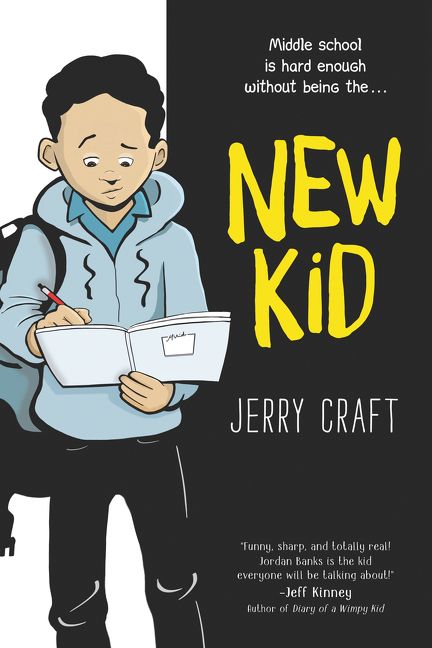
The BAM and its co-presenter The Black Comics Collective have a special thing going here. In only its second year, the Black Comics Expo has shown a desire to build upon expectations to create an experience rooted in originality. Taken as a whole, this event is becoming another important ally of black representation in comics and other media. And its message is clear: create the future.



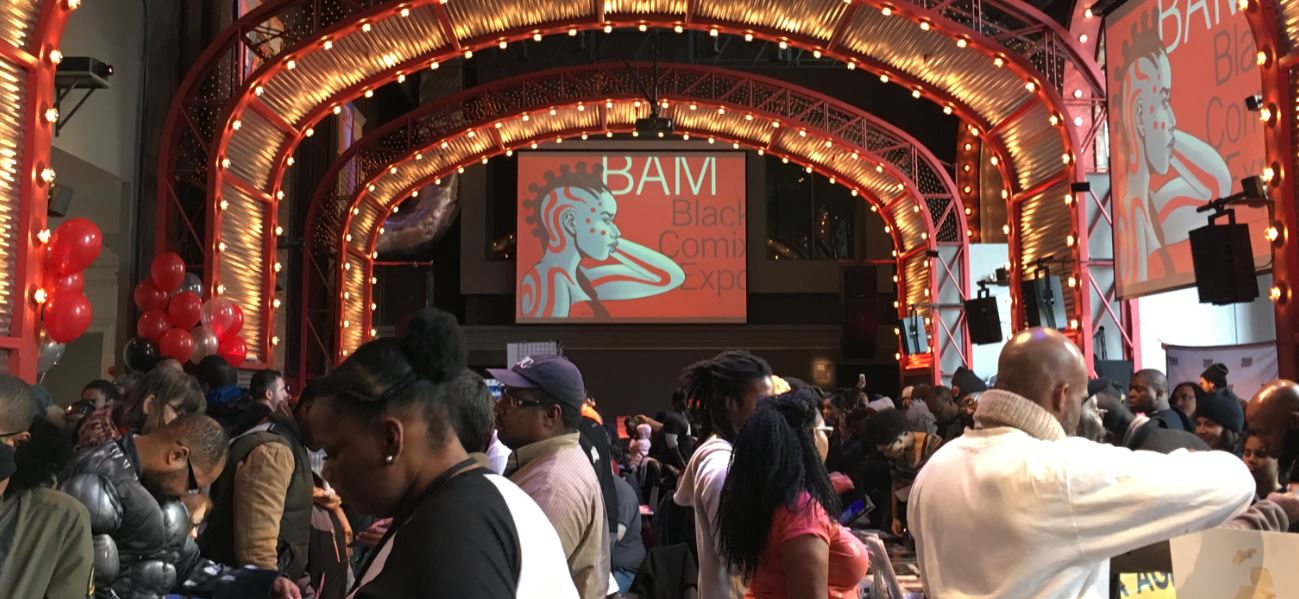
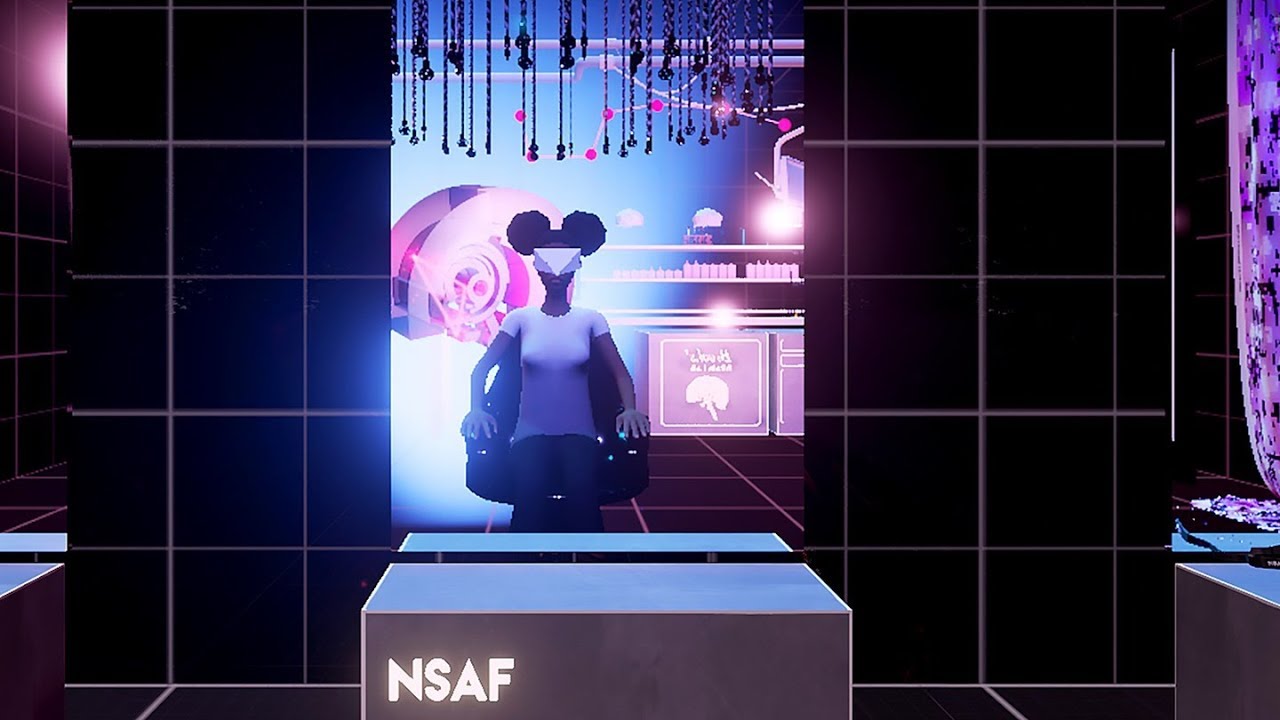
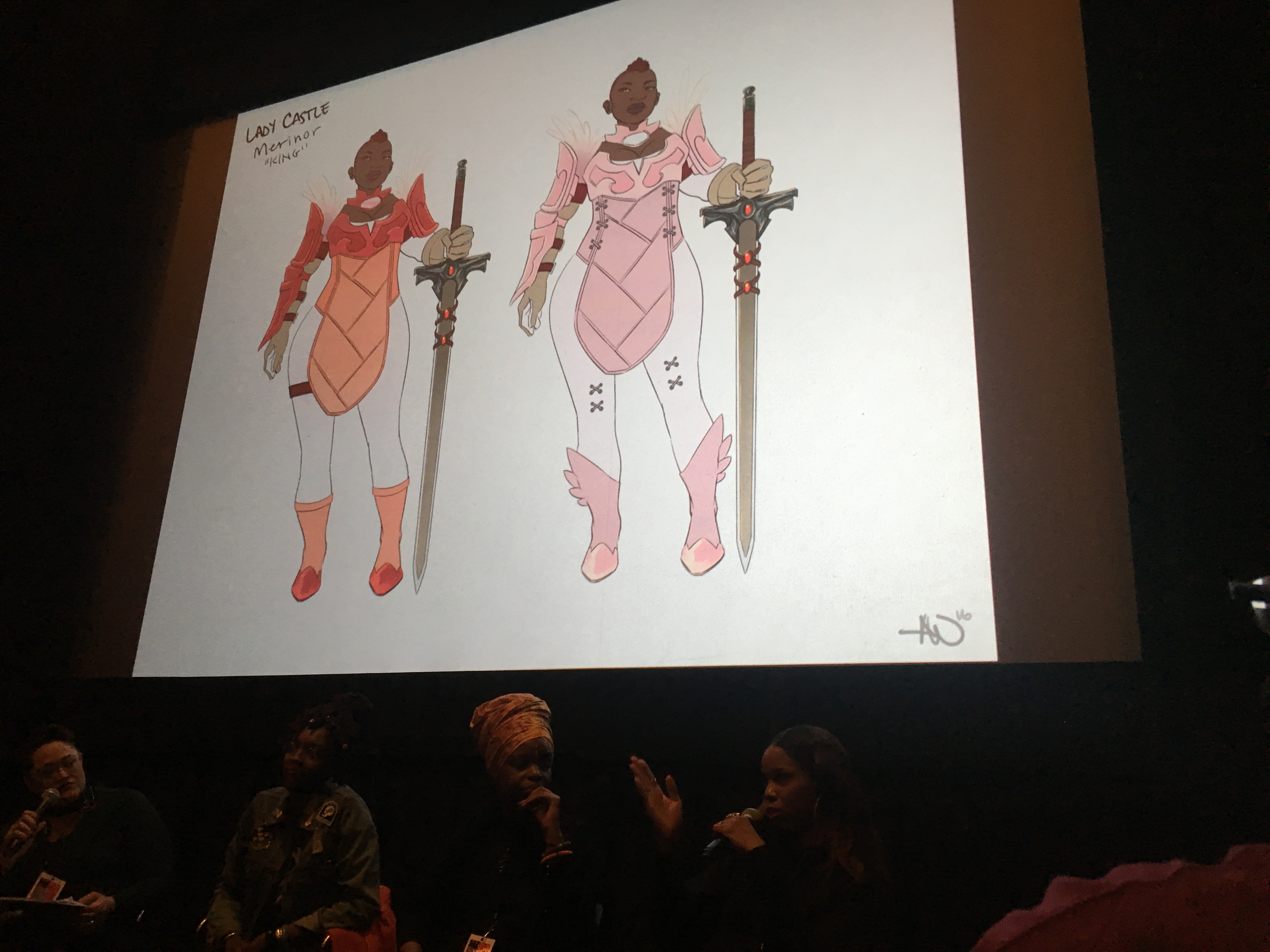
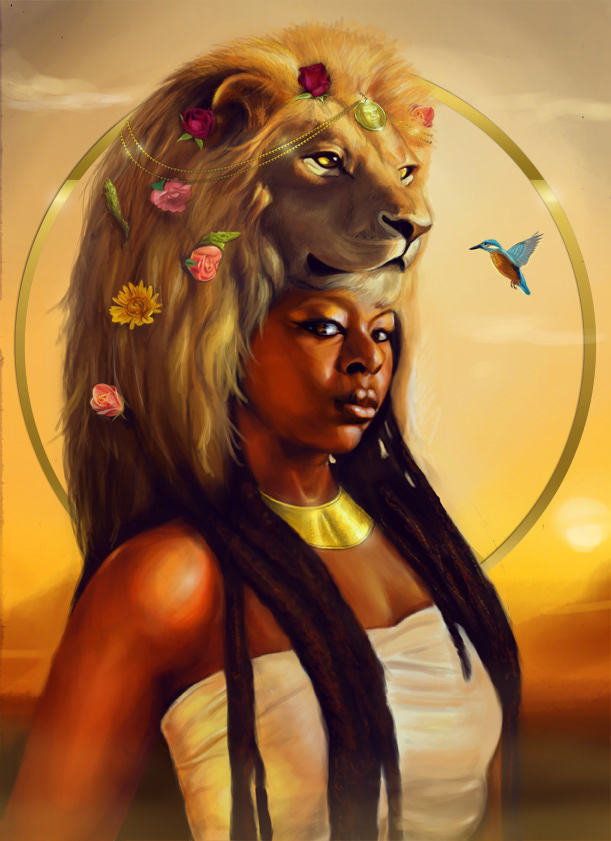
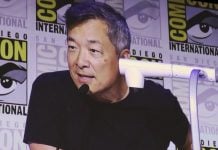

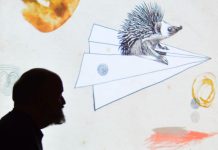


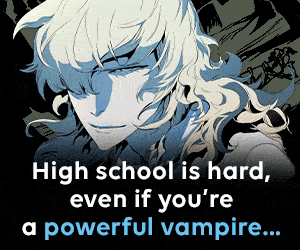

Great write up on an amazing event! Thank you!
“just gonna sit there and watch me burn”…
” hard to think that black female gamers exist ”
Couldn’t this site have found a black comics geek to write about a black comics expo?
Surely, if there are enough blk comics fans to form an expo, there must be some among them who can step forward and write an enthusiastic article about why everyone should be supporting it and hope it grows.
there seems to be an over-emphasis on women here?
where’s the love for black men?
Oh, right, never mind. Black people are apparently admired because of the matriarchal they tend to create.
“Feminists, similarly fixated on overturning the “oppressive ideal of the nuclear family,” also welcomed this dubious scholarship. Convinced that marriage was the main arena of male privilege, feminists projected onto the struggling single mother an image of the “strong black woman” who had always had to work and who was “superior in terms of [her] ability to function healthily in the world,” as Toni Morrison put it. The lucky black single mother could also enjoy more equal relationships with men than her miserably married white sisters. ”
Progressives against families because men suck, am I right?
Cynical, if true.
Comments are closed.